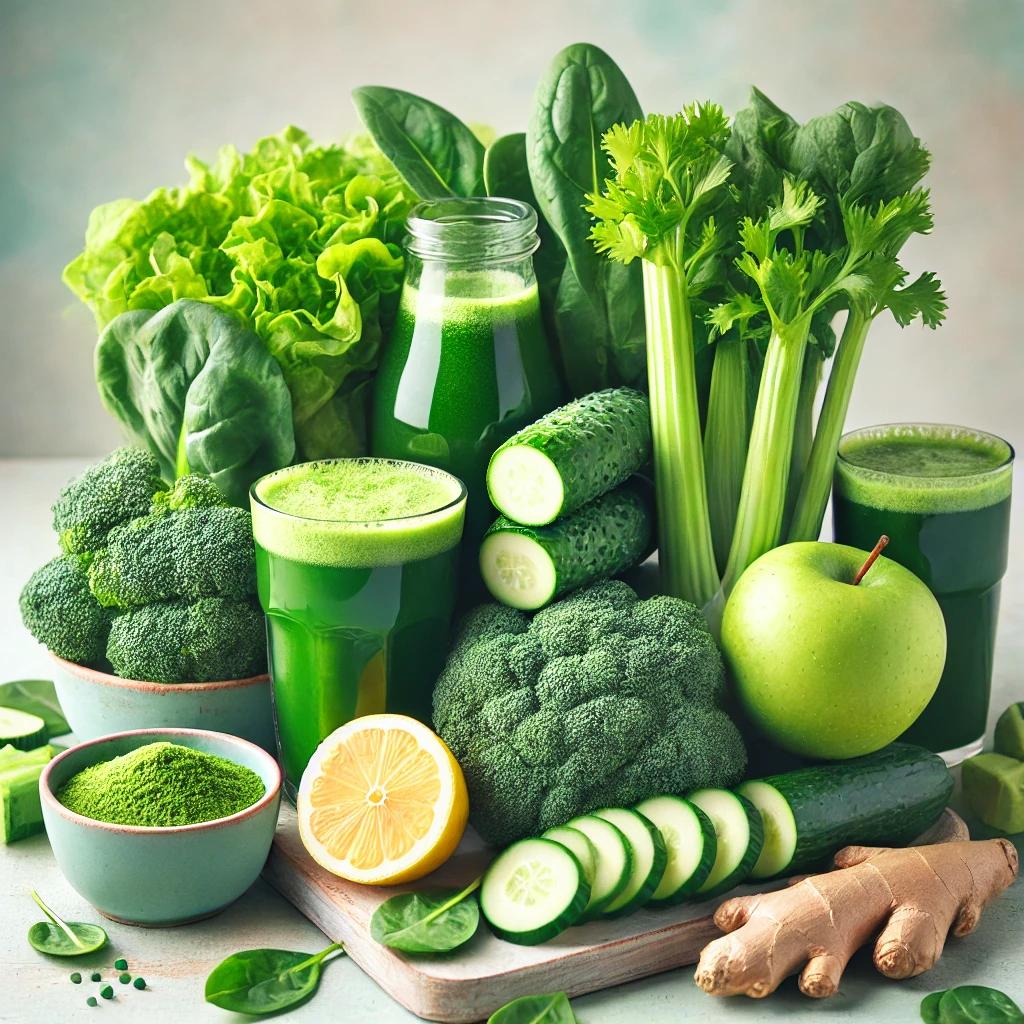The Vital Role of Reducing Inflammation for Cancer Prevention
- Date
- 29 July 2024
- Category
- Body
- Nutrition & Recipes
Reducing inflammation is crucial in the battle against cancer. Chronic inflammation is linked to the development and progression of many types of cancer. Persistent inflammation can damage healthy cells, promote genetic mutations, and create an environment conducive to cancer growth. By reducing inflammation, we can help mitigate these risks and support overall health. A key strategy in this effort is focusing on diet—eliminating pro-inflammatory foods and incorporating anti-inflammatory ones.
Understanding which foods contribute to inflammation is the first step in reducing your risk. Here are some common culprits:
In contrast to inflammatory foods, certain foods can help reduce inflammation and support overall health. Incorporating these anti-inflammatory foods into your diet is a powerful way to combat chronic inflammation and reduce cancer risk.
Reducing chronic inflammation is essential for cancer prevention and overall health. By eliminating or minimising the intake of pro-inflammatory foods such as refined vegetable oils, processed meats, fried foods, processed sugars, wheat flour, dairy products, artificial sweeteners, and artificial colours, you can significantly reduce your inflammation levels. Simultaneously, incorporating anti-inflammatory foods like fruits, vegetables, nuts, seeds, whole grains, fatty fish, healthy oils, herbs, and legumes can help create a balanced, health-supportive diet. Embracing these dietary changes can lead to improved energy levels, reduced discomfort, and a lower risk of chronic diseases, including cancer.
Sources:
1. National Center for Biotechnology Information (https://www.ncbi.nlm.nih.gov/)
2. American Cancer Society(https://www.cancer.org)
3. Harvard T.H. Chan School of Public Health (https://www.hsph.harvard.edu/nutritionsource/)
4. Mayo Clinic(https://www.mayoclinic.org)
5. Journal of Clinical Oncology(https://ascopubs.org/journal/jco)
6. Nature Reviews Cancer(https://www.nature.com/nrc/)
7. PubMed Central (PMC)(https://www.ncbi.nlm.nih.gov/pmc/)
8. American Gut Project (https://americangut.org/)

The human body is a marvel of interconnected systems, and the nervous system plays a central role in maintaining balance and well-being. Among its two primary divisions, the parasympathetic nervous system (PNS) is vital for promoting relaxation, healing, a...

Sound has been used as a healing modality for centuries, with roots in ancient civilisations. From chanting mantras to the rhythmic beats of drums, sound has been recognised as a powerful force for transformation. In today’s modern world, sound healing com...

Healing Green Power Juice Ingredients Vegetables (80%): - 2 cups kale leaves - 1 cup spinach - 1 cucumber - 2 celery stalks - 1/2 cup broccoli florets - 1/2 lemon (peeled, seeds removed) - 1-inch piece of fresh ginger Fruits (20%): - 1 green apple (for...
The information provided by Luminous Life Care. on this website is for general wellness purposes in mindfulness, and is not a substitute for professional medical advice. Always consult your healthcare provider before making any lifestyle changes.
Luminous Life Care. makes no guarantees regarding the accuracy or relevance of the information, and does not assume responsibility for any third-party products, services, or practitioners recommended. Use of this site does not establish a coach-client or healthcare relationship. For full details, please refer to our Terms & Conditions and Privacy Policy.